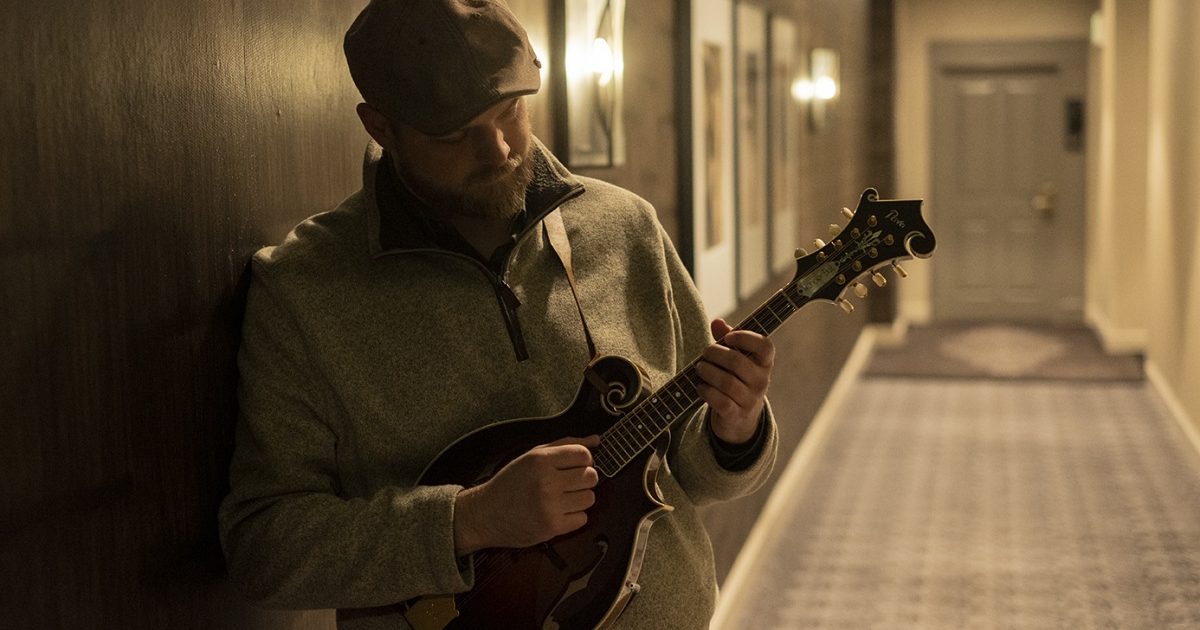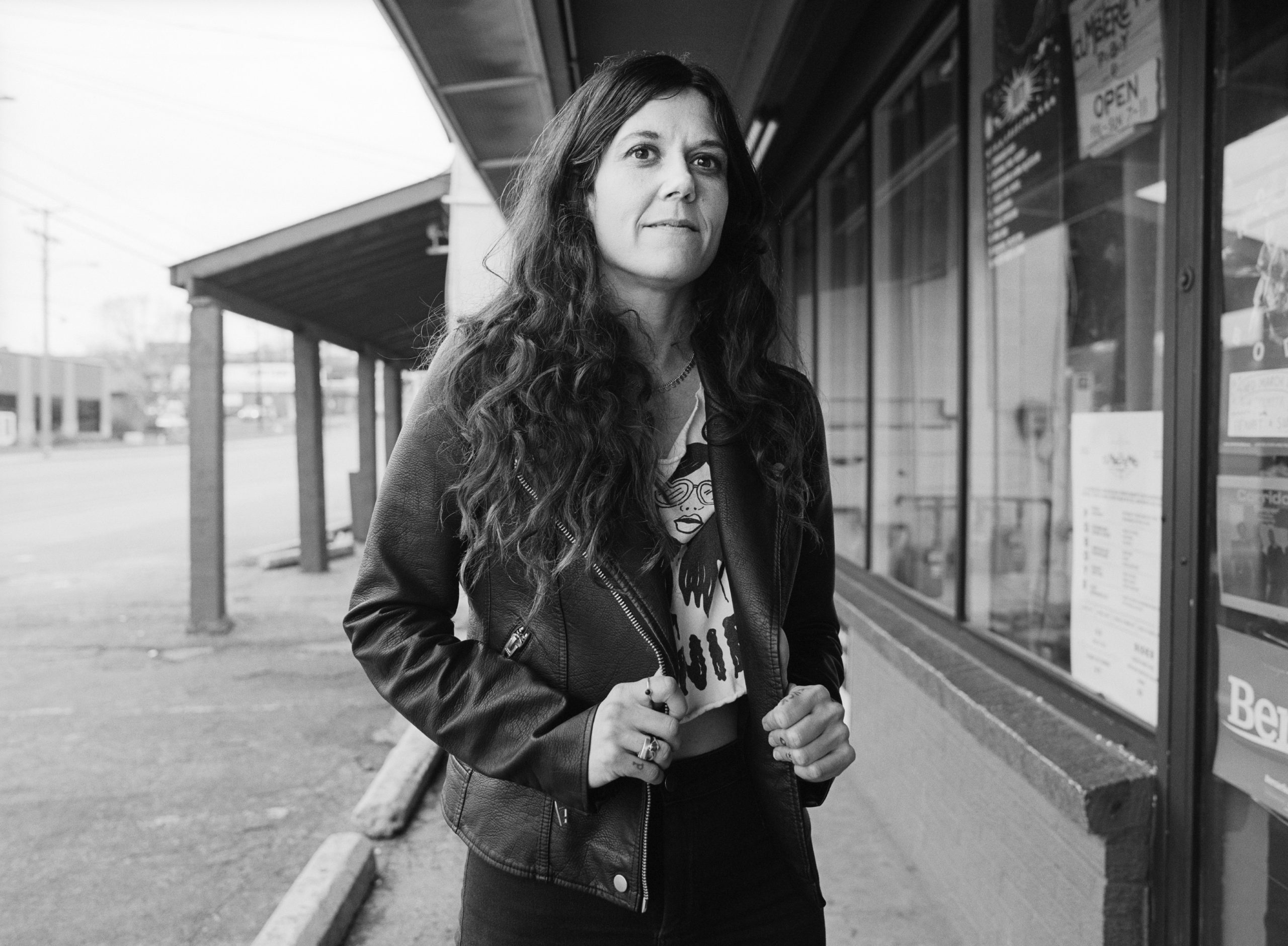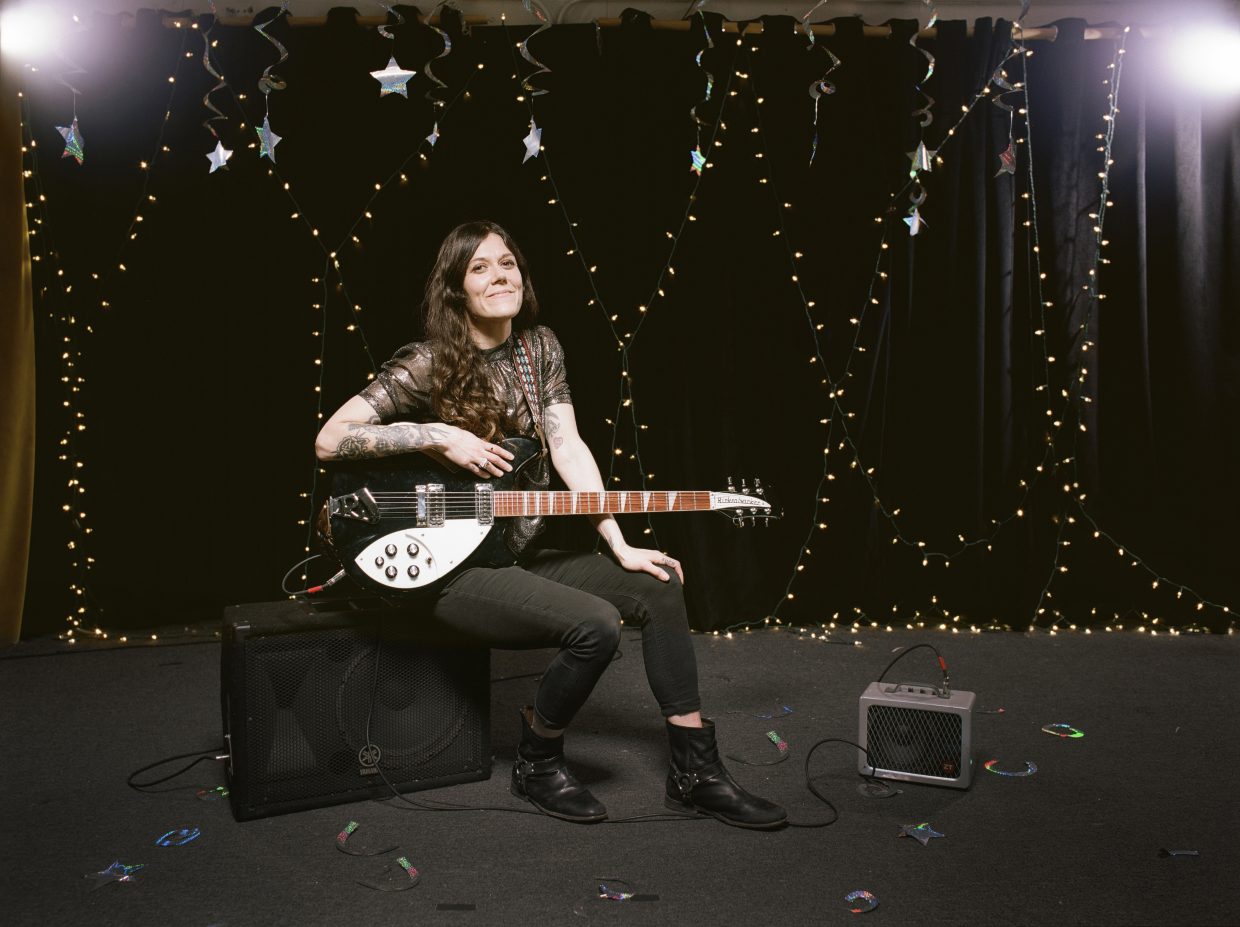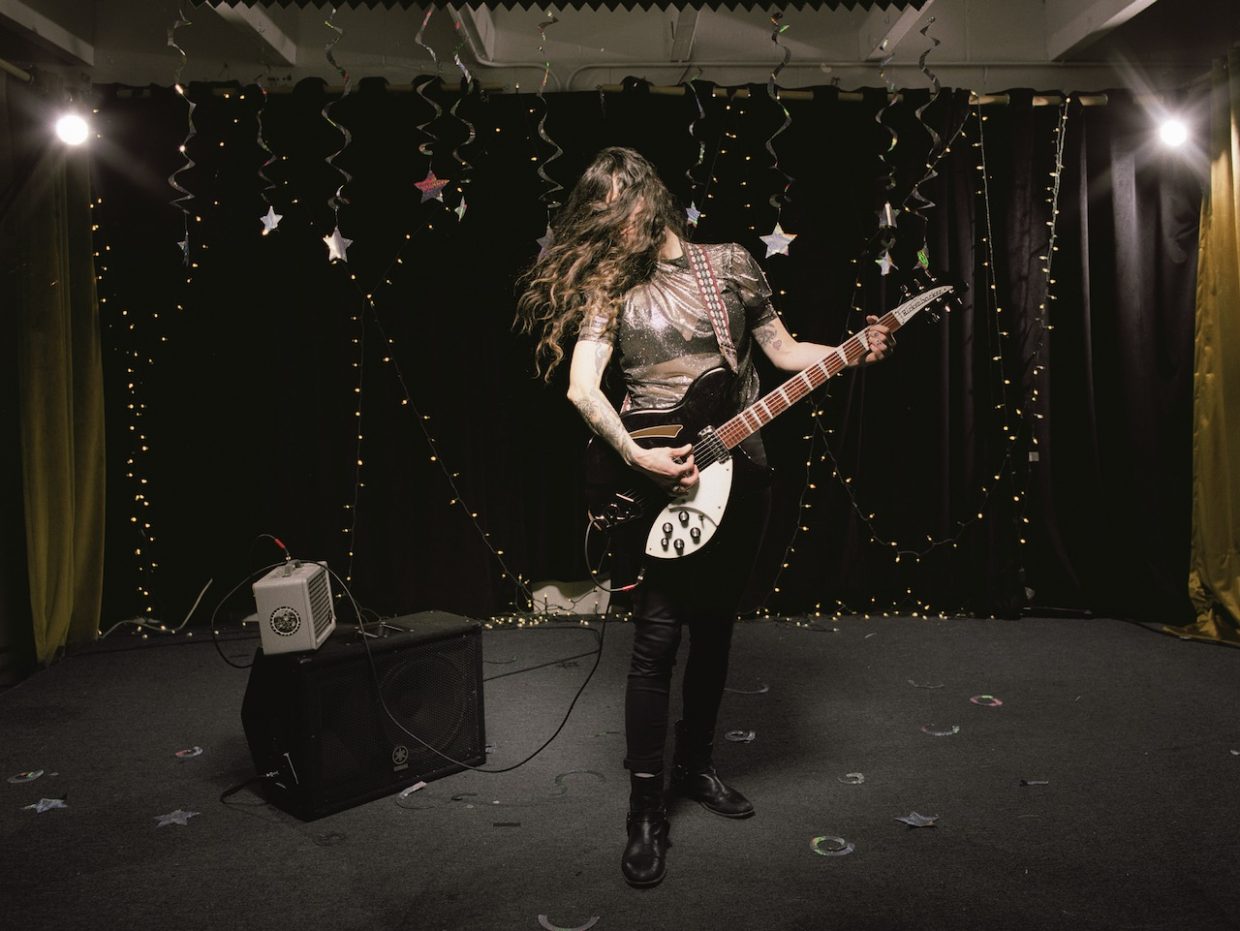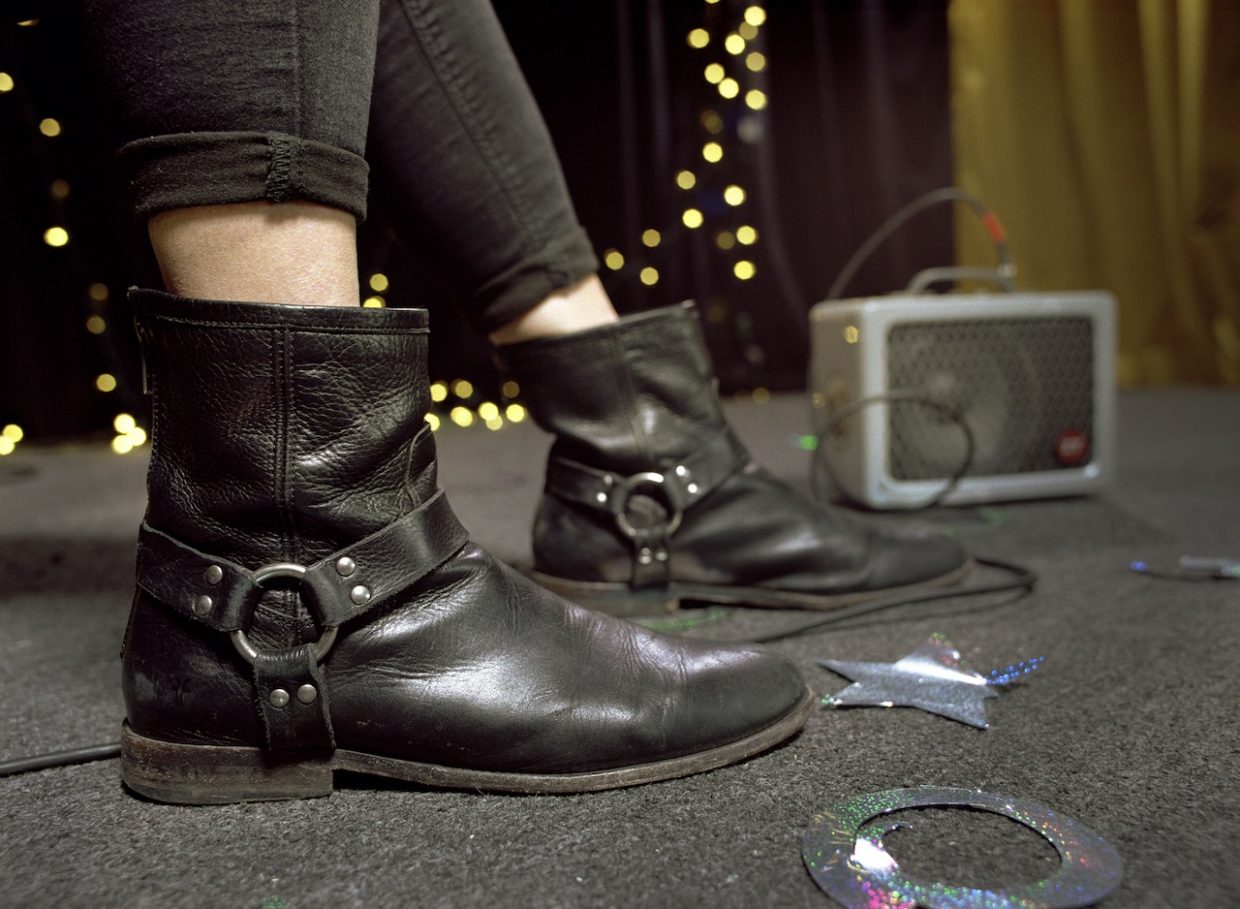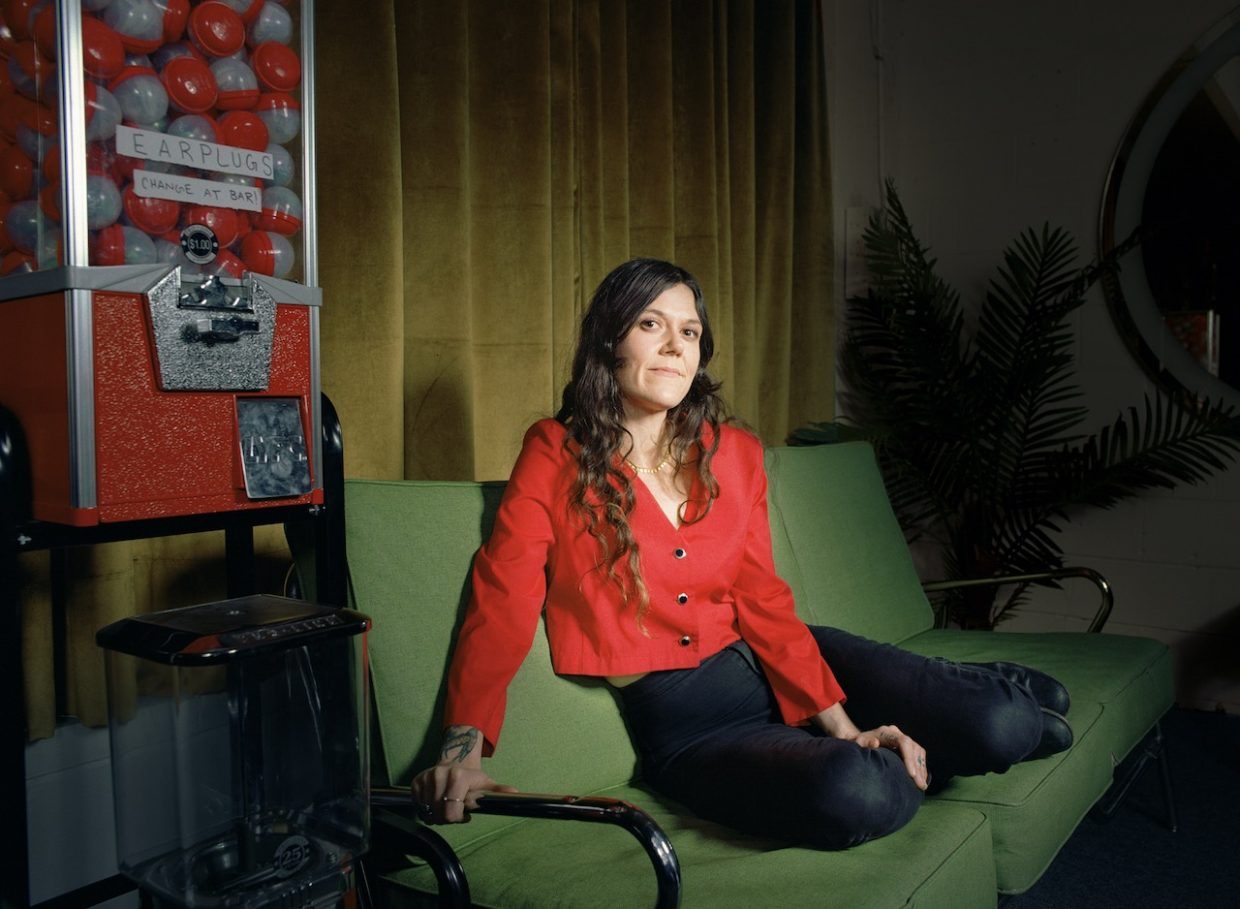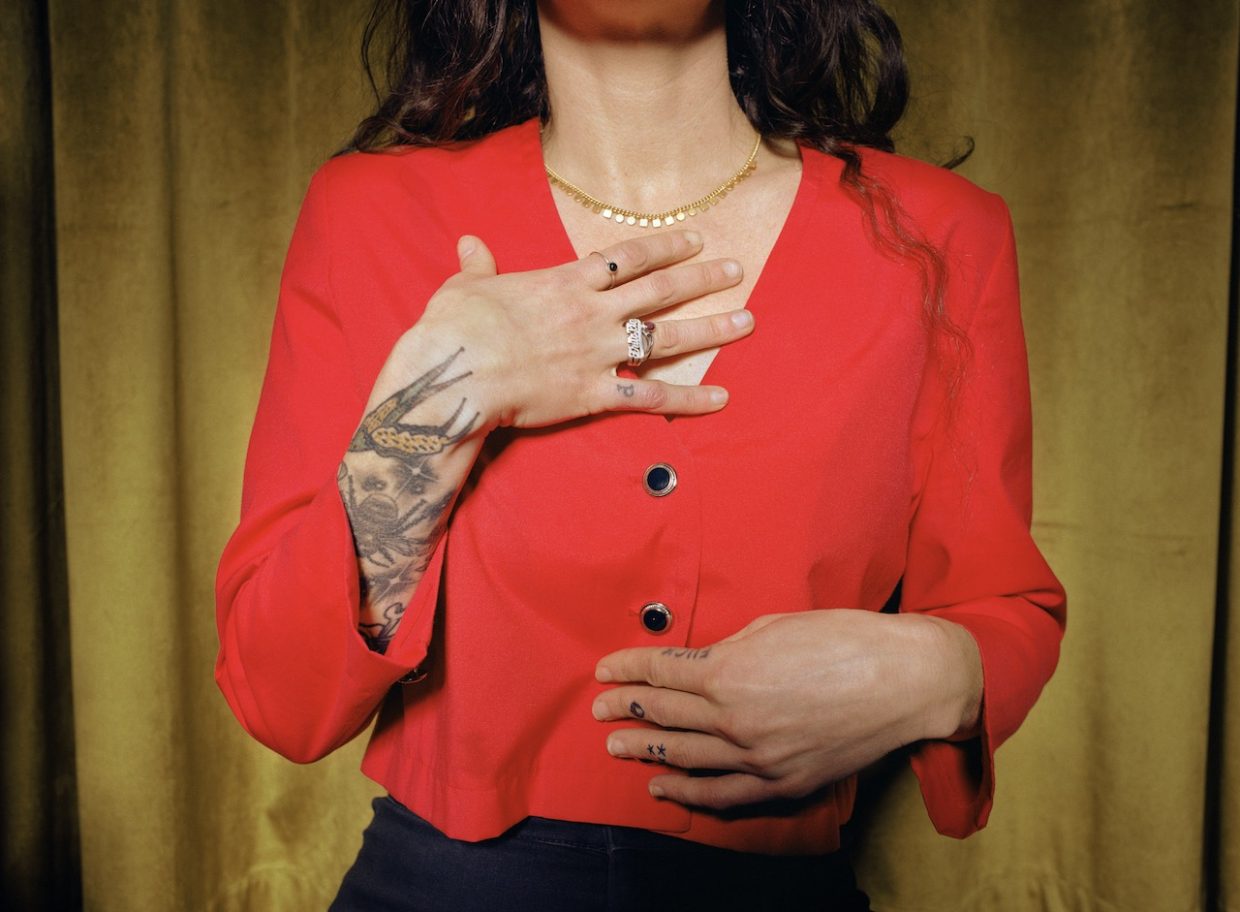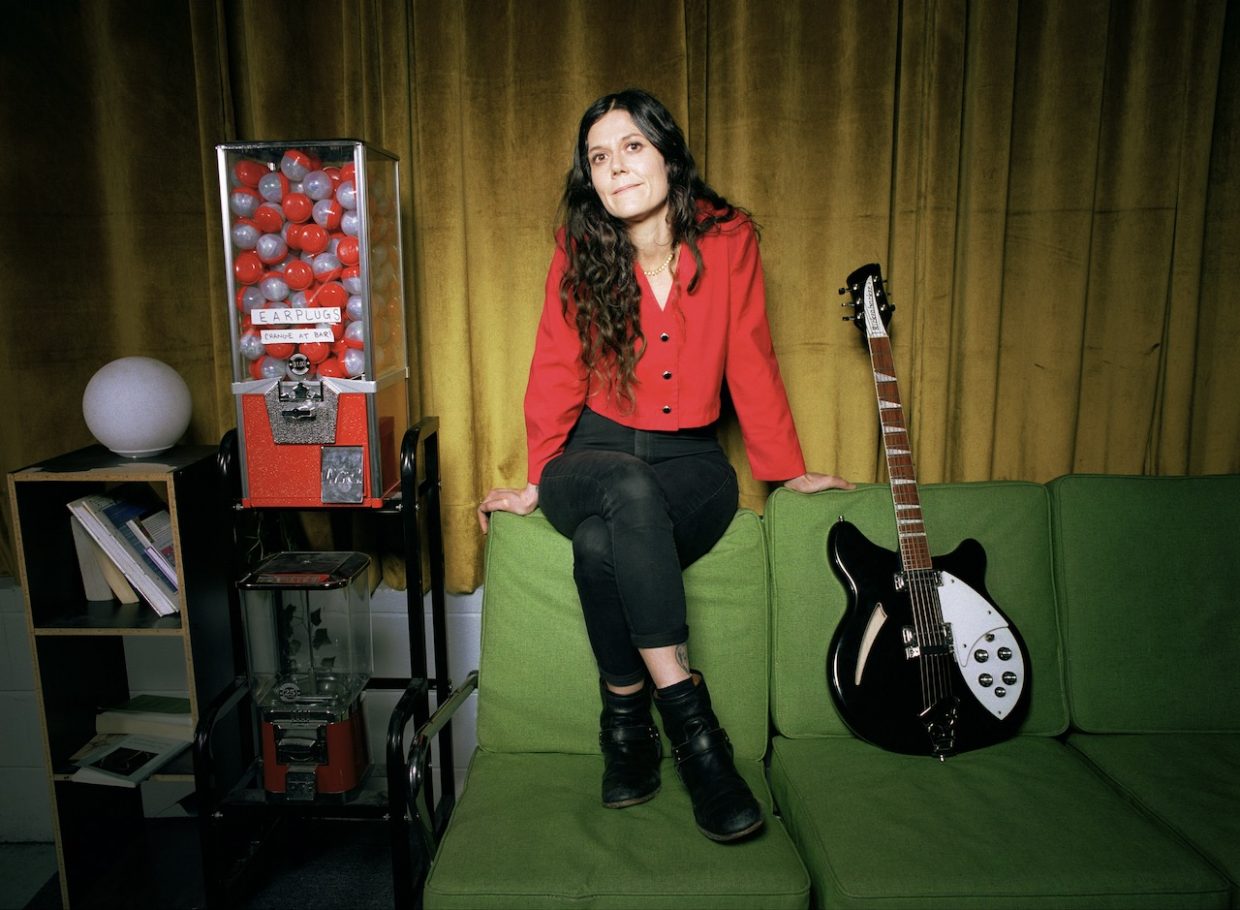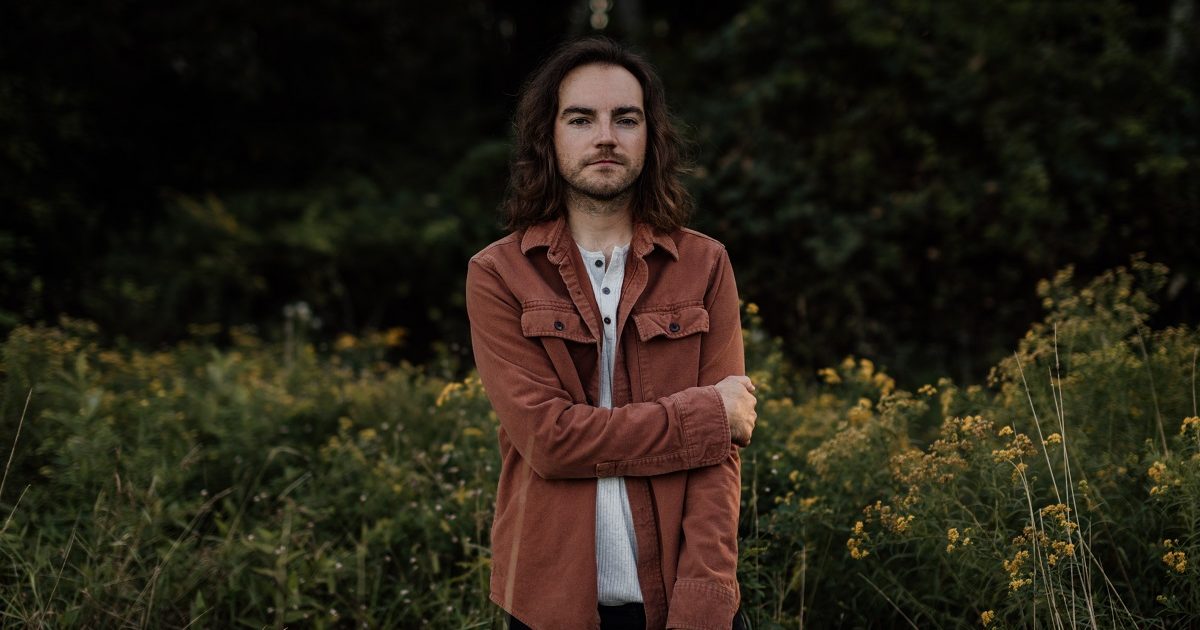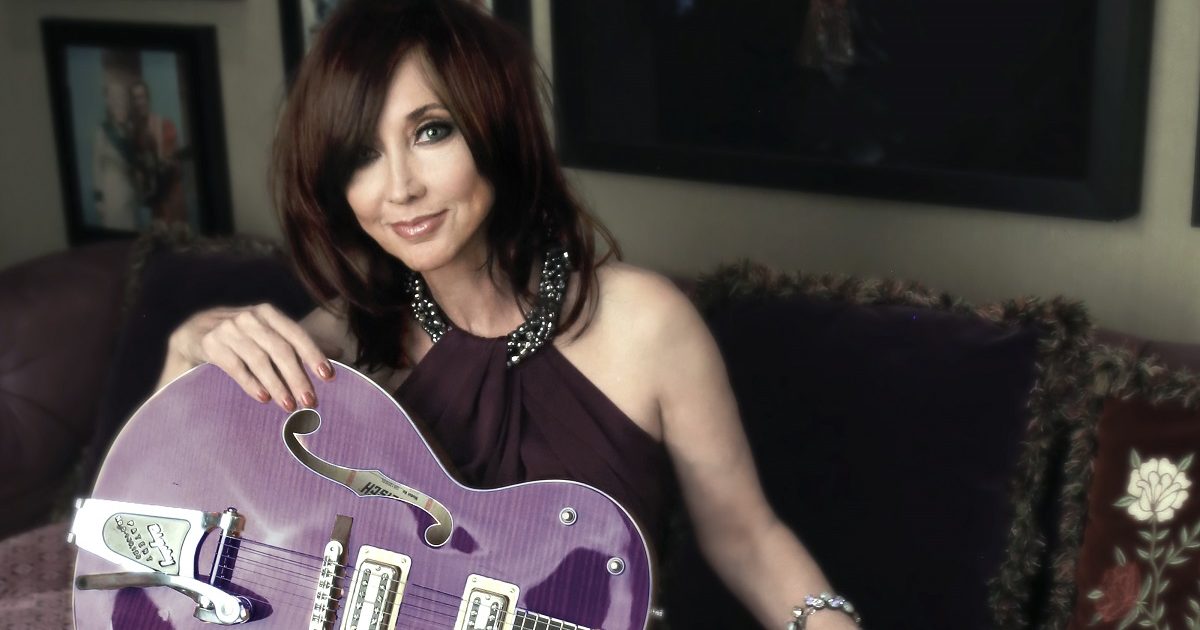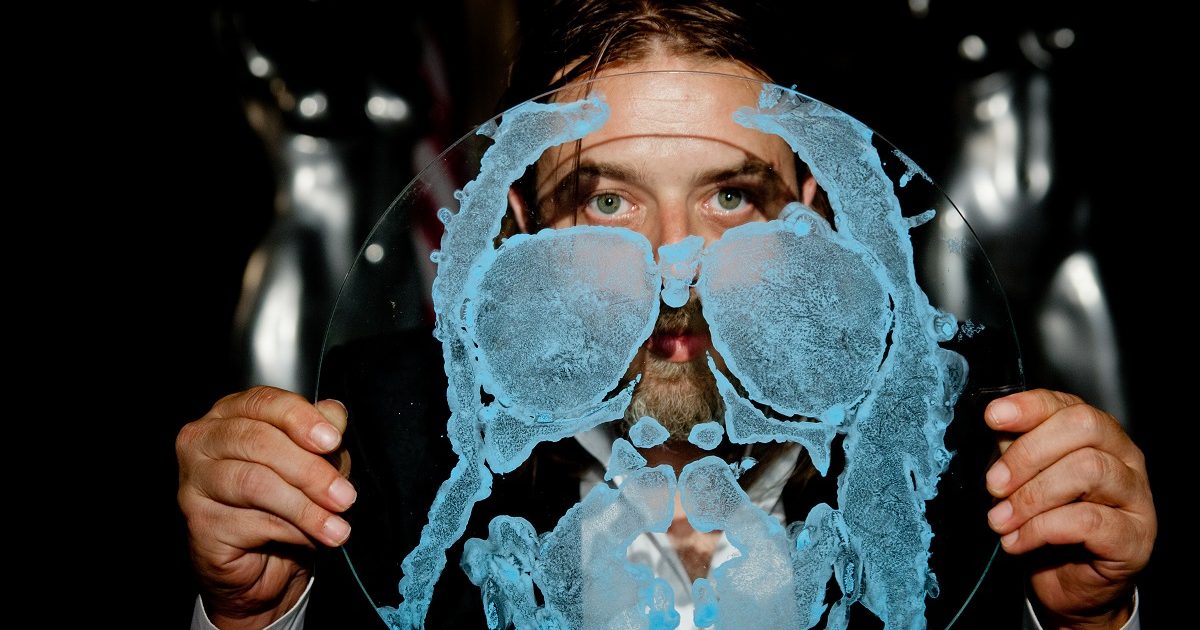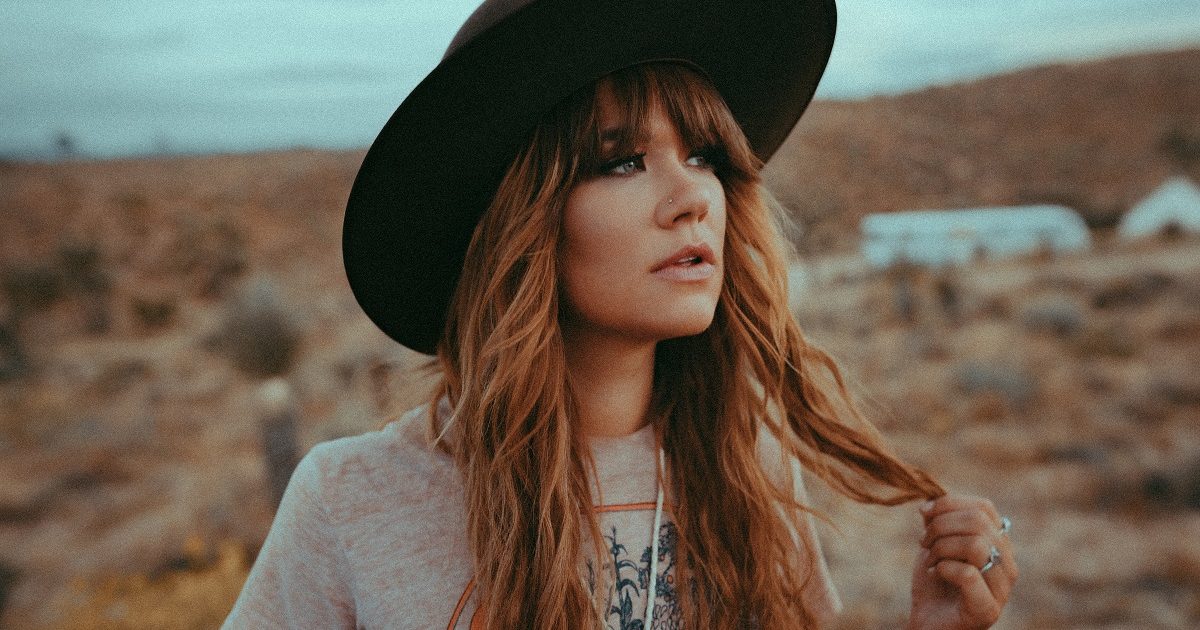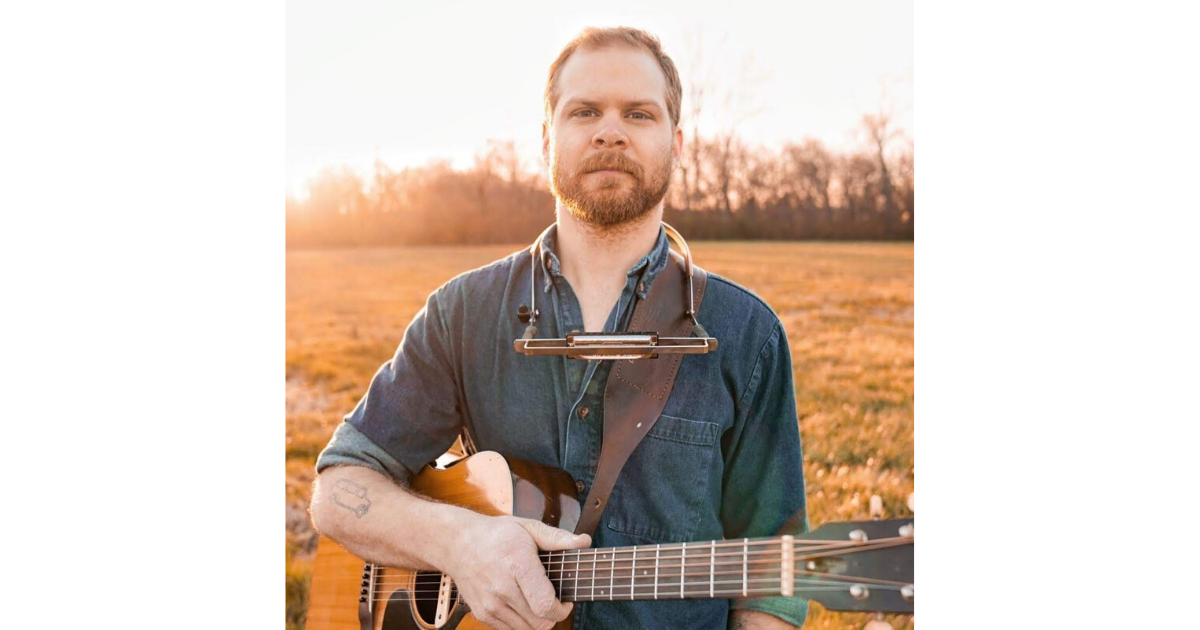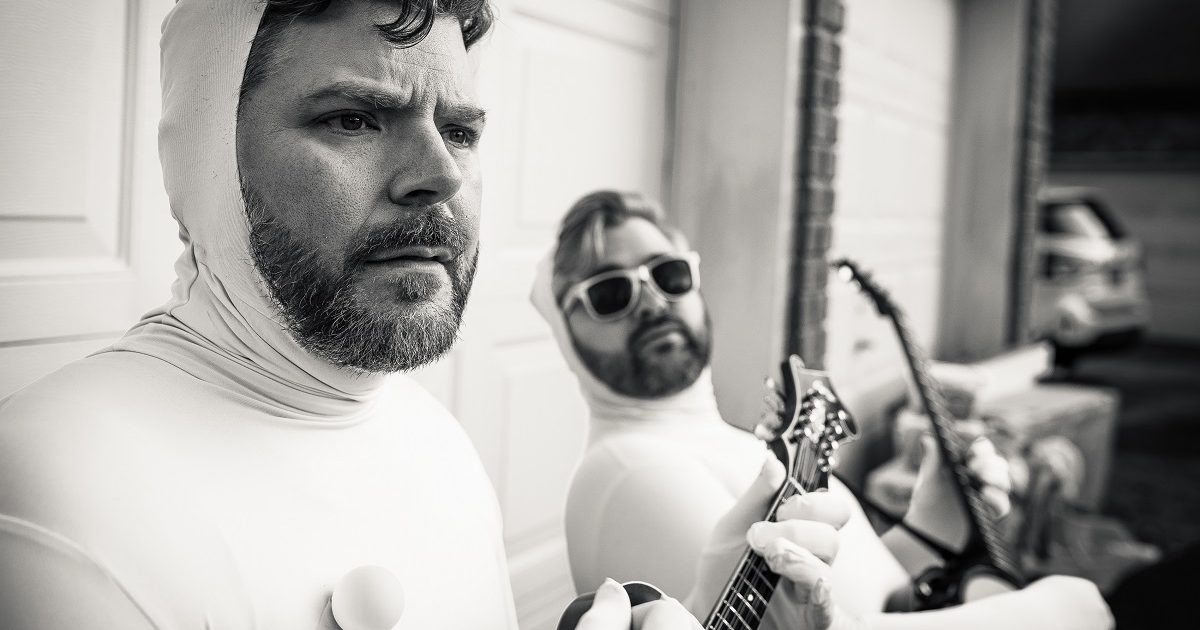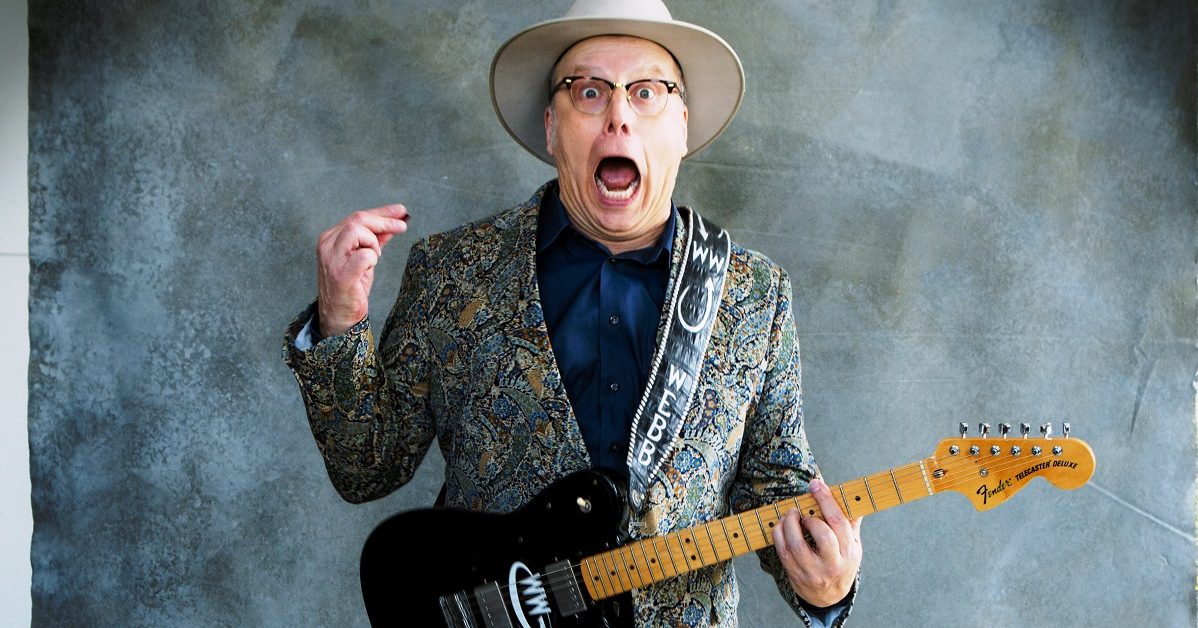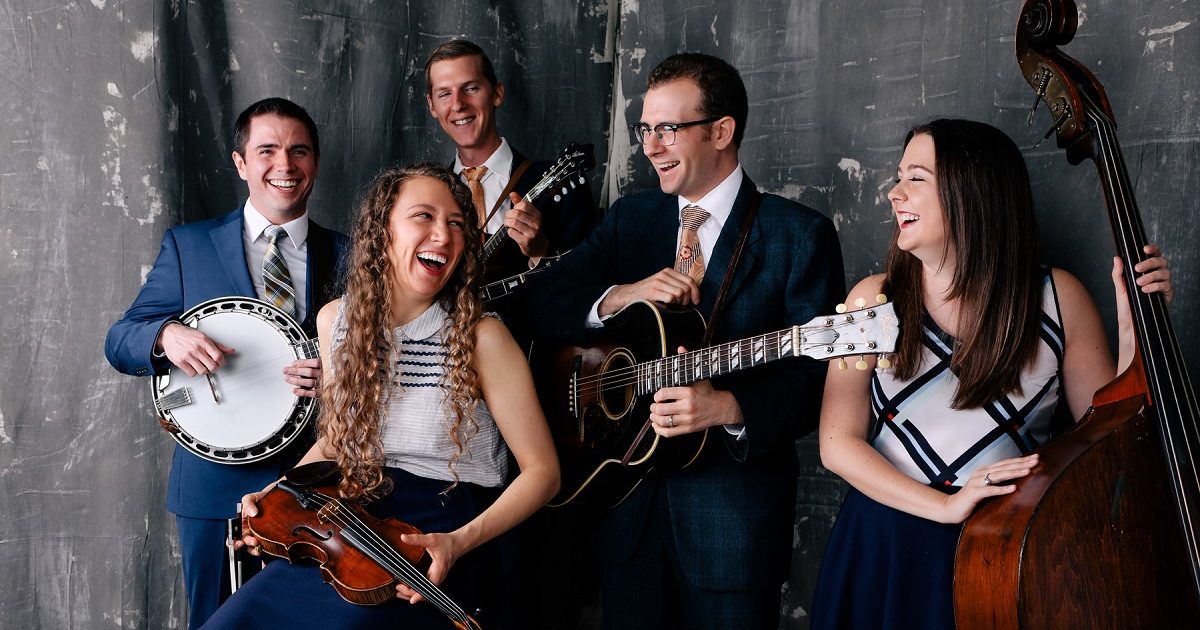Artist: Nate Lee
Hometown: Nashville, Tennessee
Song: “Love Medicine”
Album: Wings of a Jetliner
Release Date: June 12, 2020
Label: Adverb Records
In Their Words: “’Love Medicine’ embodies all the things I wanted for Wings of a Jetliner — toneful players, exciting rhythm, meaningful lyrics, and songs that are brand new, or presented in a new way. From the beginning stages of planning the album, I wanted the instrumentalists to be the main event, with their solos heavily featured and not just an afterthought. Professor Dan Boner, who produced Wings of a Jetliner, is an accomplished instrumentalist himself and he really helped my vision come alive by creating an environment where everyone was comfortable trying new things and letting their ideas flow. Wyatt Rice, Bronwyn Keith-Hynes, Ned Luberecki, and Todd Phillips are world-class players, and trading solos with them was thrilling!
“My dear friend Chris Sanders, who wrote ‘Love Medicine,’ has a masterful grasp of chordal harmony and dissonance that perfectly supports the song’s message about addiction. Her harmonic choices, influenced by the Red Hot Chili Peppers, offer a perfect tonal palette for improvisation. Although ‘Love Medicine’ was written about addiction, the lyrics resonate with people who are in all kinds of tough situations. The first line is especially resonant during this time of social distancing: ‘Draw the line, close the door, ain’t gonna cross that threshold no more.'” — Nate Lee
Photo credit: Scott Simontacchi
